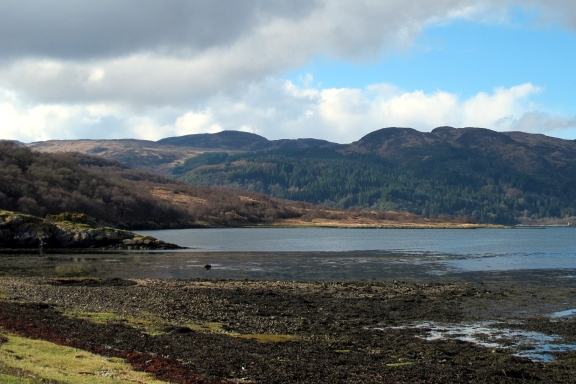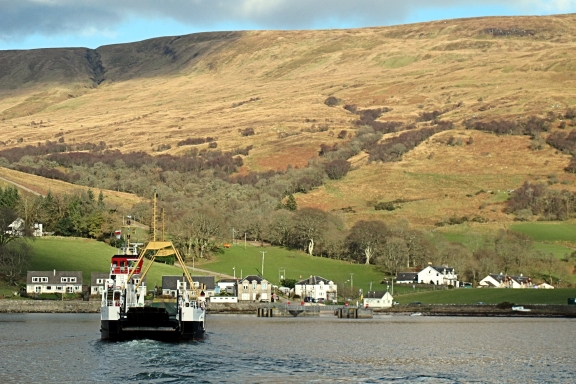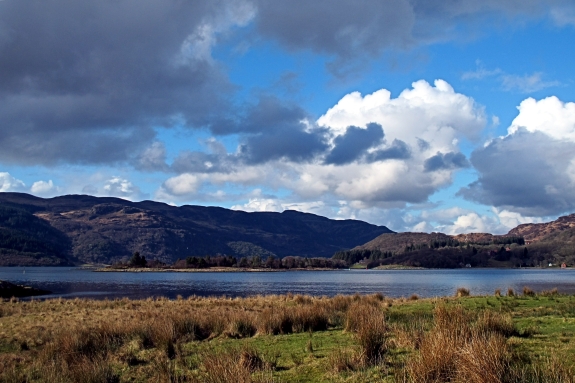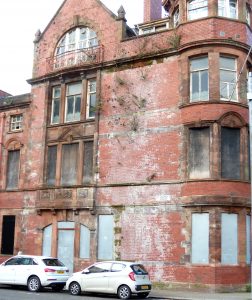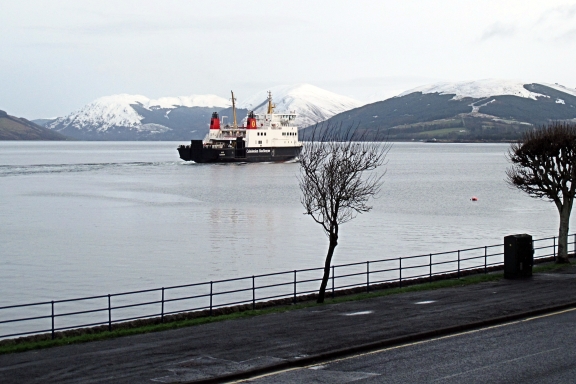It is difficult to keep finding new words for the political catastrophe that is engulfing the UK: the disingenuousness with which the Brexit government conducts itself, the wimpishness with which the majority of sitting MPs go along with it all, the – well, the non-existence of any opposition. Although Ian McEwan did a swift back-pedal on remarks made in interview with the Spanish newspaper El Pais (no, they weren’t ‘garbled in translation’, Ian, it was you being spineless: how pathetic, to try and make out that ‘Nazi’ was substituted for ‘nasty’ – did it never occur to you the two words only sound alike in English?) he was perfectly right, and there was no need for him to hand out any mollifying ‘clarification’. The people of the UK are not Nazis (although a vocal minority are doing a damn good impression) but the democratic underpinnings of our parliamentary system have been subject to exactly the kind of depredations that laid the foundations for Nazi dictatorship in Germany in the 1930s.
A plebiscite – that’s a referendum to you and me – might look like democracy but more often than not it’s a power-grab by a government or section of government bent on weaponising the general populace towards its own ends. And talk about the Big Lie. Again, the people of the UK are not stupid, but they have been urged towards a certain viewpoint based on unsound principles, evident falsehoods, and the poisonous drip-drip of tabloid sensationalism. That blatant lies went virtually unchallenged as part of the pre-referendum Brexit ‘debate’ is not just a scandal, it has morphed into the biggest threat to our parliamentary democracy in living memory. That the sitting government now seems bent on pursuing the wages of these falsehoods – diving after them like lemmings over a cliff, in fact – is like watching an experiment in mass hypnosis run fatally out of control. That we as an electorate are effectively without an opposition – well, those ‘nasty’ comparisons just get bigger and bigger.
In a UK where government ministers can push ahead with an insane and retrograde agenda – an agenda that will set the social and political agenda for decades to come – without due parliamentary process (what sop to process we’ve been offered has been nothing more than a charade), and where the Lord Chancellor can stand by while the most scurrilous of our national newspapers labels our judiciary enemies of the people, it feels as if literally anything could happen here and there’d be fuck all we could do about it.
Remind you of anywhere, Mr McEwan?
A speech to Scottish Labour in which London’s mayor Sadiq Khan drew parallels between those in favour of a second Scottish independence referendum and those voting for Trump or Brexit kickstarted some heated debate last month about the nature of Scottish nationalism. I can see why Mr Khan might feel worried: he has had to face down the most appalling racism and the very word ‘nationalist’ must set off about a hundred warning bells. But while the frenzied backlash against Claire Heuchan for her timely and thought-provoking piece supporting Khan’s view is an unfortunate example of exactly what Khan was talking about (although I disagreed with Heuchan’s essay on several points, it seems to me that she is precisely the kind of thinker we need more of) I still think Khan got it wrong. Not about nationalism – he’s dead right about that – but about what the SNP stands for.
When talking about Scottish nationalism, we would do well to remember that the ‘N’ in SNP does not stand for ‘nationalist’, but for ‘national’. The SNP is the party for Scotland, in other words – not the party that promotes ‘Scottish nationalism’ in the sense Khan was getting at.
That kind of nationalism is old – so old – and invariably toxic. Not just in Scotland, but everywhere. As a planet, we are facing unprecedented challenges from disease, from poverty, from educational inequality and above all from climate change (which, if ignored, will exacerbate all the above a millionfold), In the face of such challenges, many of which are threatening to become crises even as we speak, the idea of something as thoroughly nineteenth-century as ‘nationalism’ is almost indecently parochial, destructive, and above all useless.
For Theresa May to claim that Nicola Sturgeon has ‘seized upon’ Brexit as an excuse to drive forward her own political agenda is just another piece of gross misinformation – all the more gross because everyone who peddles it knows it is untrue. The material change in political circumstances since the 2014 independence referendum could not be more seismic. Anyone who has followed Sturgeon’s numerous attempts these past six months to liaise with Westminster, to talk through options, to come to a reasonable compromise can see clearly that her announcement yesterday that she will be seeking consent from the Scottish parliament to call a second independence referendum was made because Sturgeon felt she would be failing in her responsibility not to do so. On the eve of May’s triggering of Article 50 and still with nothing but icy contempt shown for her efforts, there was finally no alternative.
As she made her announcement to the press yesterday, Sturgeon made it very clear that ‘it is not just our relationship with Europe that is at stake. What is at stake is the kind of country we will become’. As journalist and commentator Robert Somynne so beautifully put it in his piece contesting Khan’s view of Scottish nationalism, ‘the ambition is not being “better than England”, but aspiring to just be better in an age in which progressivism is under threat‘.
I think Nicola Sturgeon is brave and I believe she is honest. As First Minister for Scotland she has my full support. My dream is to see an independent, diverse, progressive Scotland at the heart of a stronger European Union and that is what I’ll be voting for when the time comes. Whatever happens, I am proud and very happy to call Scotland my home.
